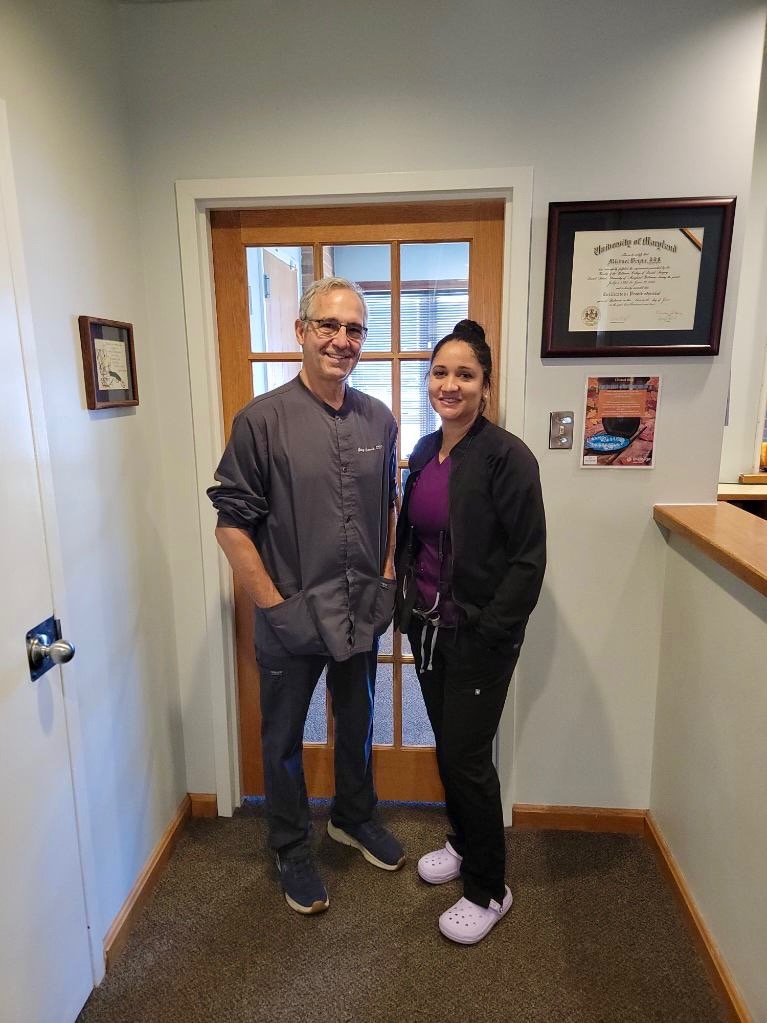Is it time to sell your dental practice?
How to know when it’s time to take the leap

Several years ago, Gary Griswold, D.D.S., had a gnawing feeling that it was nearing time to sell his dental practice. He had been with his general dentistry practice for more than 25 years, and after taking some time to come to terms with the idea, he decided it was time to retire.
As he grew older, the practice grew more difficult to manage, said Dr. Griswold, who is now in his late 60s. Although the patients were wonderful, it required a great deal of time, effort and stress, and he and his wife wanted to focus on other interests.
“My wife was my bookkeeper, and this was our life. She’d be in the office with me, and then we’d go home and talk about the practice, and then on the weekends we’d come into the practice,” Dr. Griswold said. “We had grandkids and we wanted to do things, and we were getting older and thought, ‘Now’s the time, finally.’”
Once he resolved to make a go of selling the practice, Dr. Griswold reached out to Allen Schiff, a dental certified public accountant, for next steps and guidance. Mr. Schiff walked him through the process involved in selling his fee-for-service practice, a model with which some candidates were not familiar. Part of showing the practice included teaching potential buyers about how fee-for-service dentistry works and why it can be beneficial.
While the overall process was very smooth, Dr. Griswold said that change can sometimes be difficult for staff members. He emphasized that the seller should talk with their broker to determine the right time to tell the staff about the sale so as to help with the changeover.
But what about the right time to sell? There could be a variety of reasons one might want to sell their practice, including exhaustion, a lack of job satisfaction or a desire to retire by a certain age.
The ADA Health Policy Institute tracks U.S. dentist retirement and age distribution patterns to predict the future supply of the dental workforce. It found that as of 2023, the average dentist retirement age is 69. Only 21% of dentists retire before 65, and 20% of dentists are 75 or older when they retire.
HPI also found that 86% of dentists who retired in 2023 had a career span of at least 35 years.
According to Mr. Schiff, there are three types of sales: marketing the practice and selling it to an outside dentist, selling the practice to an associate and selling the practice to a dental support organization.
When selling to an associate, Mr. Schiff highlighted the importance of working on a fair purchase of the practice that creates a win-win scenario for both the associate buyer and the seller.
“We have to be fair to all the parties and keep in mind that the associate is working but also generating value for the practice. So maybe we have to consider some type of discount or some type of reduction of sale price for the contribution the associate has made for the practice,” he suggested.
Some DSOs want the original dentist to stay on for three to five years to ease the transition.
“Many dentists, once they sell the practice, do not want to stay on. So sometimes the DSO, although they may pay them more for their practice, is not an alternative because many dentists don’t want to stay on for another three to five years,” Mr. Schiff said.
Dr. Griswold went with the first option to market his practice to an outside buyer, which ended up being the right decision. He said they found the “perfect match” when it came to the new owners of his practice.
“I can’t believe that [we] found two dentists that were absolutely perfect and experienced, knowledgeable, excellent dentists that were just so mellow,” he said.
Mr. Schiff said the process generally takes about a year. He encouraged dentists to view the practice from the buyer’s perspective and determine if it’s up to par. This means really inspecting the practice to see how it looks aesthetically, not unlike an open house.
“How’s your house displayed to give it a warm, cozy feeling? The same would be true with a dental office. Maybe we need new paint, maybe we need new wallpaper. Maybe the flooring has to change,” he said. “Basically, look at the practice before you place it on the market.”
One of the most important aspects of selling a dental practice, he noted, is confidentiality. This is because anything that could potentially turn a dentist’s “good will” into “ill will” might bring down the practice value. He encouraged hiring a reputable dental broker, dental-specific attorney and dental-specific CPA, as well as having prospective buyers sign a nondisclosure agreement to avoid sharing the information with community members.
For dentists looking to sell their practice, Dr. Griswold also shared some advice: Remain vigilant and keep the practice functional and robust to make things easier for the new owners.
“You want your practice to look nice, but you don’t [necessarily] have to have the most brand-new architecture and everything like that. You just want it to be clean, functional, and you want to keep your staff happy,” he said.
It’s important to acknowledge the change of pace that most dentists will notice after selling their practice, Dr. Griswold said. He’s currently experiencing an adjustment period in transitioning from the business of running a dental practice to having more free time, but it’s not a bad thing. Now that he has some extra time, for example, he plans to spend more time with his family, relax and travel.
“You want to be able to kick back and just breathe and just start to enjoy that you’ve worked really hard,” he said.



